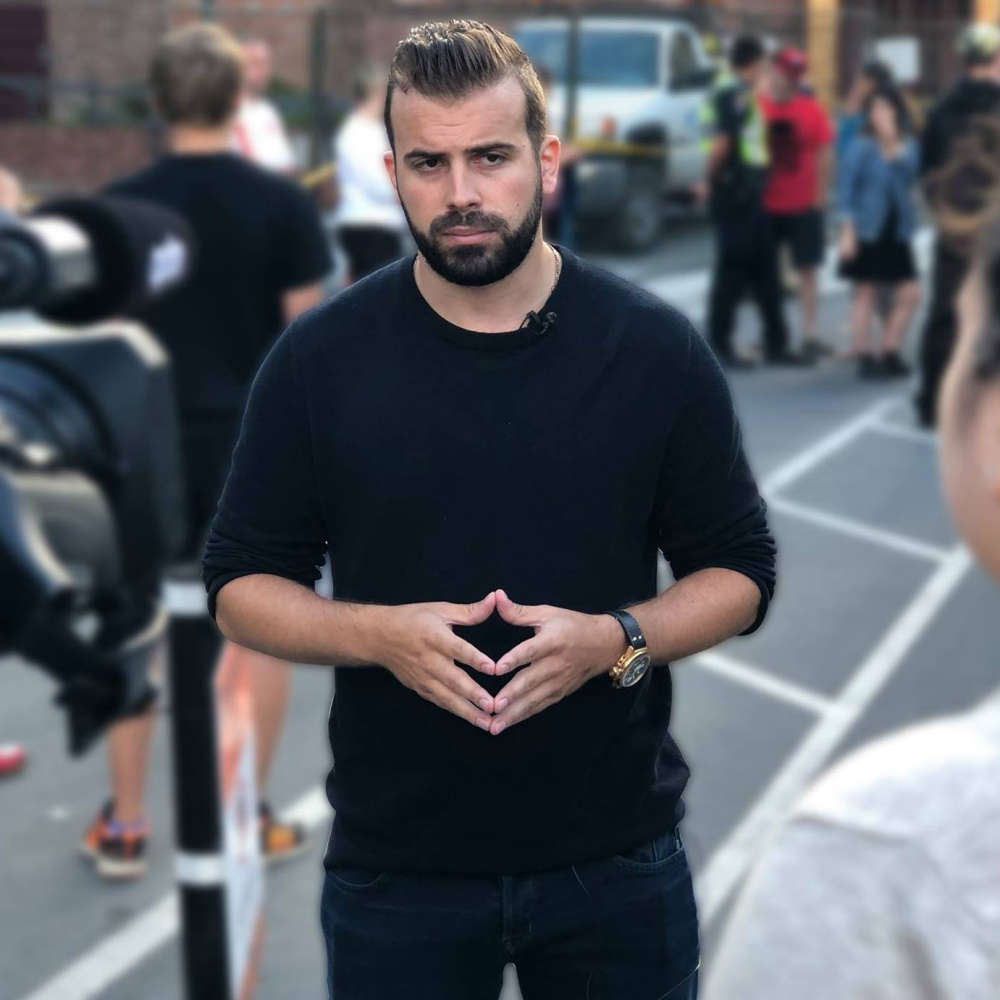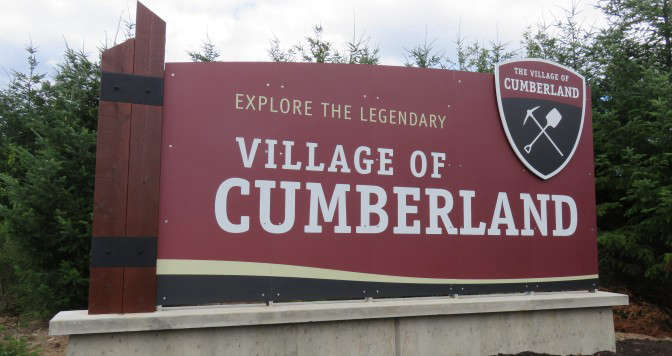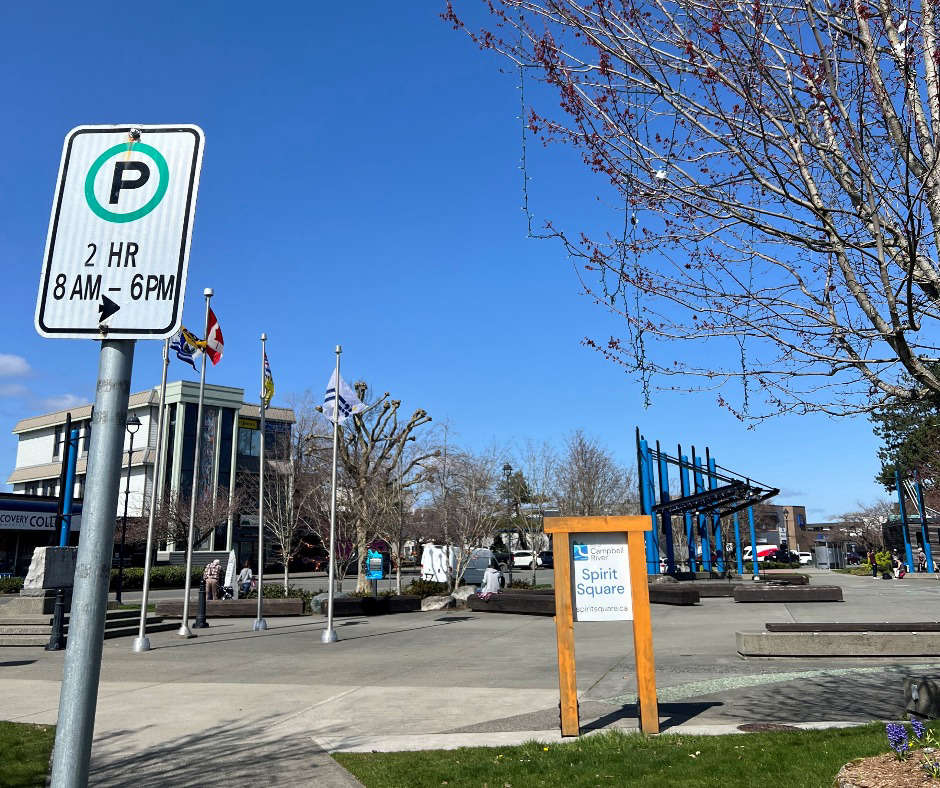
Unifor Local 114 members at PWTransit are on strike in the Comox Valley and Campbell River.
“We don’t take strike action lightly, but this is about fairness for our drivers, and this is about fixing the systemic problems in our transit system to provide better working conditions and quality service for the public,” said Unifor Western Regional Director Gavin McGarrigle.
Workers withdrew bus services at 4:30 a.m.
The union says contract negotiations failed earlier this week and no future meeting dates are scheduled.
The union says insufficient wages have created recruitment and retention issues. The inability to attract and retain drivers has led to an overreliance on overtime, forcing both safety concerns and work-life balance problems as drivers are forced to work extra hours.
“These drivers are tired of working so much overtime,” said Unifor Local 114 President Gord McGrath.
“They’ve been maxing out on the National Safety Code for nearly a year. Exhausted drivers are a road safety issue. We want to see additional staffing and an increase in transit service – two things that would greatly benefit these communities.”
HandyDART will still be available on essential service levels during the labour action.
PWT is contracted by BC Transit to provide services in Campbell River and Comox Valley. The workers' contract expired in March.
The 75 Unifor Local 114 members work as transit operators, HandyDART operators, mechanics, and cleaners.

 First Nation Leadership Council Calls For Conservatives To Pull North Island-Powell River Candidate
First Nation Leadership Council Calls For Conservatives To Pull North Island-Powell River Candidate
 North Island-Powell River All Candidates Debate At Sunday At Tidemark Theatre
North Island-Powell River All Candidates Debate At Sunday At Tidemark Theatre
 Cumberland Residents Are Encouraged To Report Incidents To The RCMP
Cumberland Residents Are Encouraged To Report Incidents To The RCMP
 Training Exercise Today At 19 Wing Comox And Seal Bay Nature Park Area
Training Exercise Today At 19 Wing Comox And Seal Bay Nature Park Area
 Campbell River Extends Downtown Parking Time Limits
Campbell River Extends Downtown Parking Time Limits
